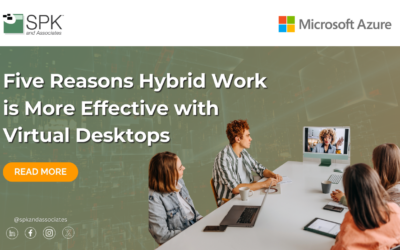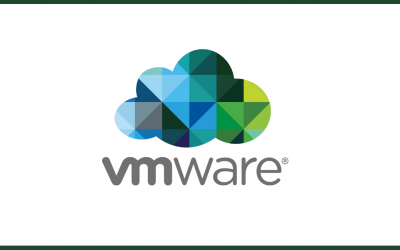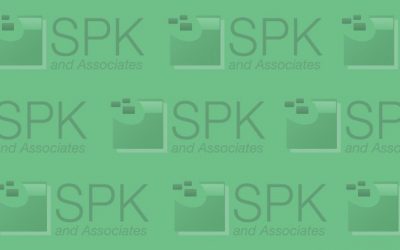Hybrid work has become the operating model for many modern organizations. Employees appreciate the flexibility, while leaders expect productivity. When it comes to IT teams, delivering productivity in a flexible environment without increasing risk or cost can be...
Remote Engineers
Collaborating Effectively in CAD Projects with Remote Engineering Teams
When it comes to CAD collaboration, distance can create unique challenges. While remote work solves some of these issues, working together can still be challenging, especially without the right tools. Large design files, software compatibility, and communication...
5 Reasons You Want Your PLM in the Cloud
Put it in the cloud. You’ve heard this catch phrase over and over again, more so in recent years with the proliferation of online technologies and services. As more and more PLM software vendors choose to move their application to the cloud, should you consider moving...
Collaboration Strategies for Distributed CAD Teams
Designing complex products doesn’t just take technical skill; it also takes collaboration and teamwork. For distributed engineering teams, effective collaboration can make the difference between hitting deadlines or falling behind the competition. This is especially...
How Cloud-Based CAD Is Changing the Future of Collaborative Design
Traditional desktop-based CAD tools, while powerful, can have a hard time meeting the growing demands of modern engineering teams. They need better connectivity, scalability, and flexibility. That’s why cloud-based CAD (Computer-Aided Design) is quickly becoming the...
Using Google Workspace to Manage Remote Engineering Teams
The need for rapid innovation has led to remote engineering teams becoming the new normal. Engineering leaders are adopting technologies that enhance collaboration, supporting productivity from anywhere. Google Workspace offers a unified platform that enables...
The IT Guy’s Backpack
I hate being unprepared. When I was in high school, I had a locker. I even had one of those clever plastic shelves and a magnetic mirror. You know what I stored in there? Nothing -- I spent far too much time watching MacGuyver. So I carried around all my books, pens,...
Dropbox: Do Everything!
I will assume that everyone reading this is familiar with Dropbox -- my favorite program ever -- but I would like to highlight some newer features and espouse the virtues of this program in case anyone is still living in 2007. Dropbox acts as a shared folder between...
The Hybrid-Remote Playbook
Post-pandemic, many companies have shifted to a hybrid or fully remote work environment. Despite many companies having fully remote workers, many still rely on synchronous communication. Loom offers a way for employees to work on their own time, without as many...
Accessing Enterprise Applications from Windows 8 RT
In a recent post, I spent a few minutes with Windows 8 and Office 2013 using a Dell Latitude ST -- and in my excitement over the launch of a new Microsoft tablet, I purchased a Microsoft Surface running Windows 8 RT hoping to see how it performs in an...
3 Options for Network Installation and Application Management
It seems like every week there’s another article about “Network Installation Services” – even if we don’t realize it. I believe Apple really hit the nail on the head with their iPhone App Store, as evidenced by the copy-cat implementations in the WebOS App Catalog,...
Upgrading from ClearCase/ClearQuest 7.0 to 7.1
As an IT engineering expert for SPK and associates, a California based IT services company, I write blog posts on topics such as Software Configuration Management and other Engineering Applications. This week I’d like to blog about my experiences in upgrading...












